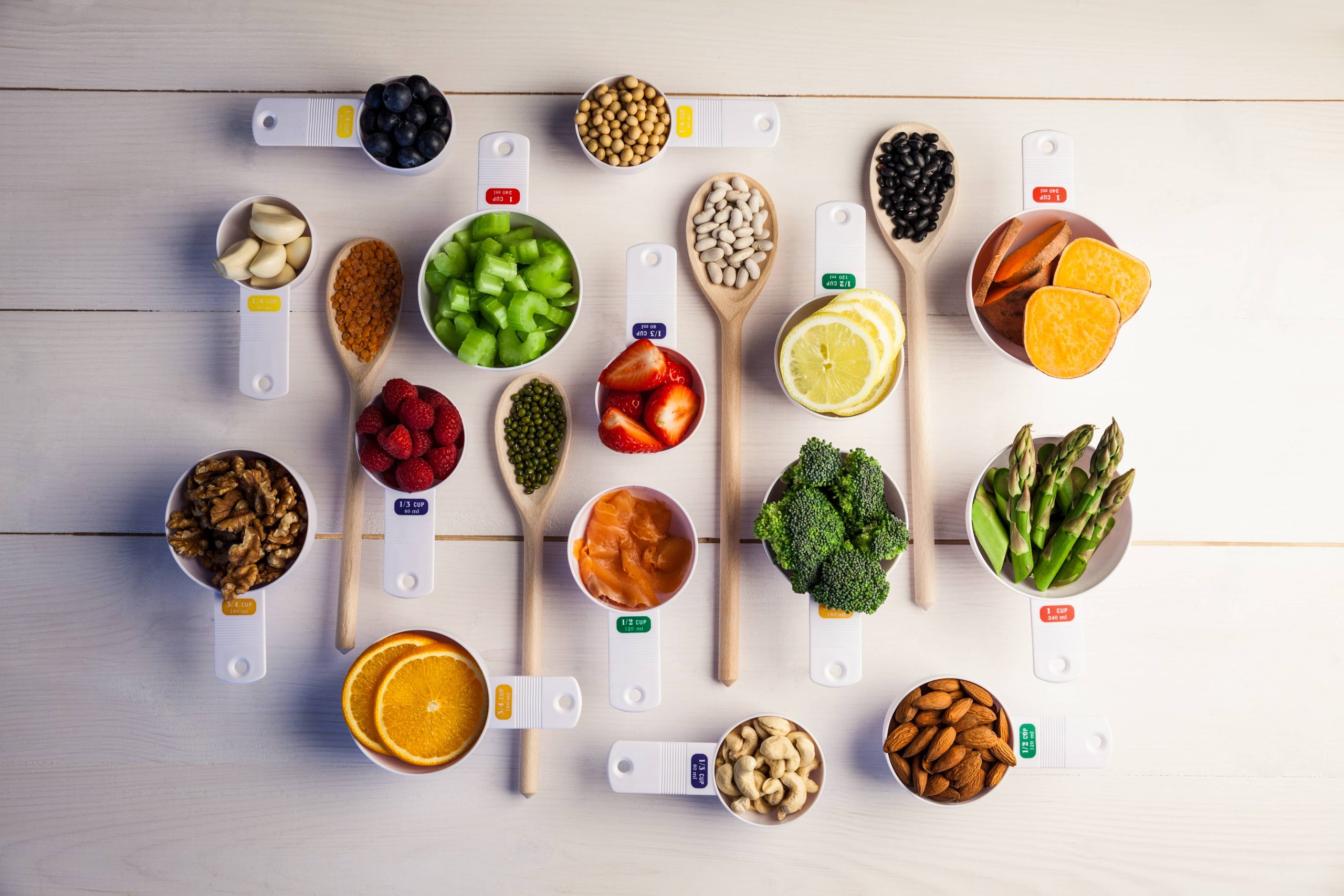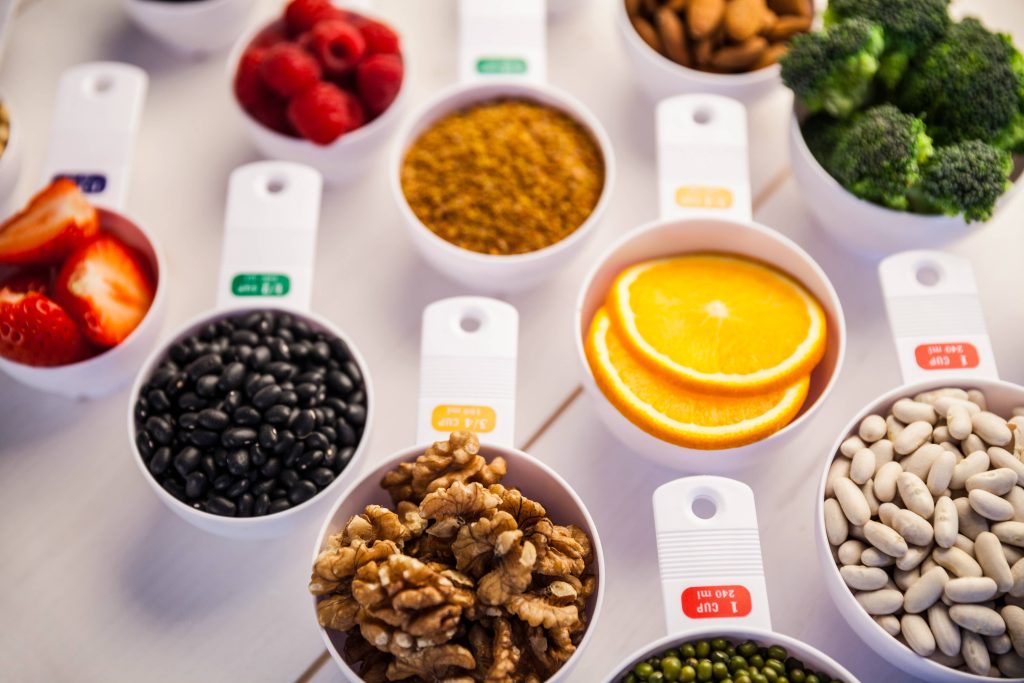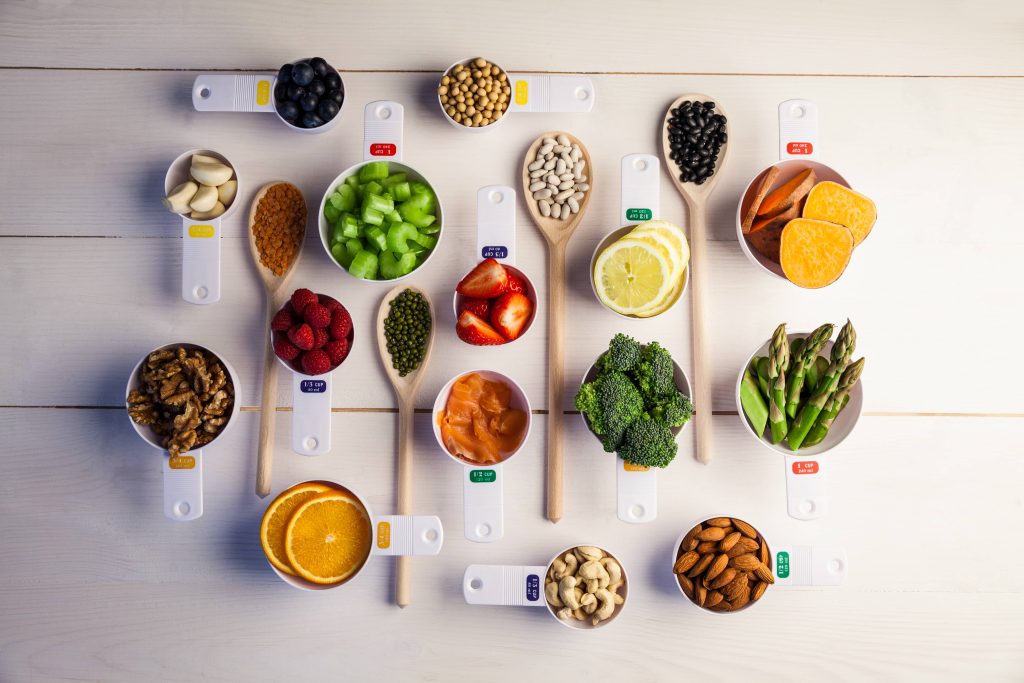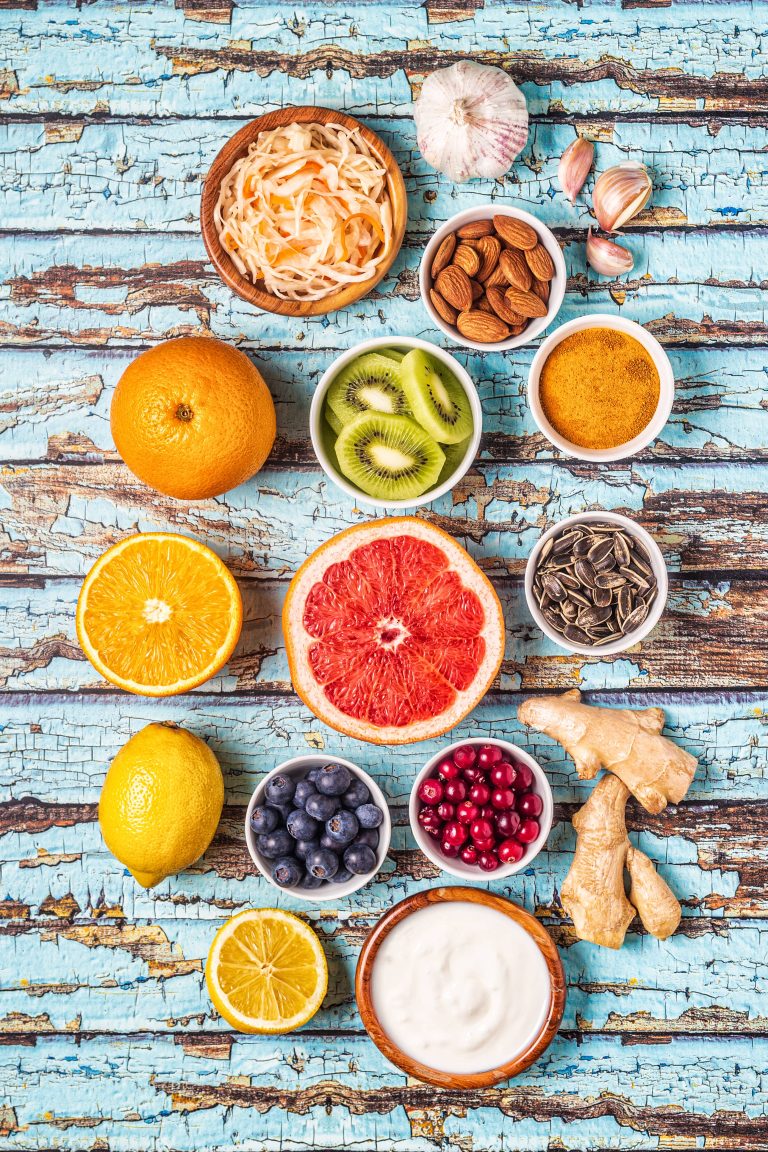
In the quest for optimal health, antioxidants have emerged as a key player in the world of nutrition. These powerful compounds are celebrated for their ability to combat oxidative stress, a process that can lead to cellular damage and contribute to various chronic diseases. By understanding the role of antioxidants and incorporating them into your diet, you can enhance your overall well-being and protect your body from the inside out.
What Are Antioxidants?
Antioxidants are molecules that neutralize free radicals, unstable atoms that can damage cells, leading to inflammation and disease. Free radicals are produced naturally in the body as a byproduct of metabolism, but they can also be introduced through external sources such as pollution, radiation, and cigarette smoke. When free radicals accumulate, they can cause oxidative stress, which has been linked to conditions like cancer, heart disease, and neurodegenerative disorders.
Types of Antioxidants
There are several types of antioxidants, each with unique properties and benefits:
1. Vitamin C: Found in citrus fruits, strawberries, and bell peppers, vitamin C is a water-soluble antioxidant that supports the immune system and aids in collagen production.
2. Vitamin E: This fat-soluble antioxidant is present in nuts, seeds, and green leafy vegetables. It helps protect cell membranes from oxidative damage.
3. Beta-Carotene: A precursor to vitamin A, beta-carotene is abundant in carrots, sweet potatoes, and spinach. It plays a crucial role in maintaining healthy vision and skin.
4. Flavonoids: These are found in a variety of fruits, vegetables, and beverages like tea and wine. Flavonoids have anti-inflammatory and heart-protective properties.
5. Selenium: A mineral found in Brazil nuts, fish, and eggs, selenium is essential for thyroid function and DNA synthesis.
The Health Benefits of Antioxidants
Incorporating antioxidants into your diet can offer numerous health benefits:
– Reduced Risk of Chronic Diseases: By neutralizing free radicals, antioxidants can lower the risk of chronic diseases such as heart disease, cancer, and diabetes.
– Improved Skin Health: Antioxidants like vitamin C and E can protect the skin from UV damage and promote a youthful appearance.
– Enhanced Immune Function: Antioxidants support the immune system, helping the body fend off infections and illnesses.
– Better Brain Health: Some antioxidants, such as flavonoids, have been shown to improve cognitive function and reduce the risk of neurodegenerative diseases.
How to Incorporate Antioxidants into Your Diet
To maximize the benefits of antioxidants, aim to include a variety of antioxidant-rich foods in your daily meals. Here are some tips to get started:
1. Eat a Rainbow: Consume a wide range of colorful fruits and vegetables. Each color represents different antioxidants, so a diverse diet ensures you get a broad spectrum of these beneficial compounds.
2. Choose Whole Foods: Processed foods often lack the nutrients found in whole foods. Opt for fresh, whole fruits, vegetables, nuts, and seeds to boost your antioxidant intake.
3. Drink Green Tea: Rich in catechins, a type of antioxidant, green tea can be a healthy addition to your daily routine.
4. Snack on Nuts and Seeds: Almonds, walnuts, and sunflower seeds are excellent sources of vitamin E and other antioxidants.
5. Incorporate Herbs and Spices: Spices like turmeric, cinnamon, and ginger are packed with antioxidants and can add flavor and health benefits to your meals.
Conclusion
Antioxidants are a vital component of a healthy diet, offering protection against oxidative stress and its associated health risks. By understanding the different types of antioxidants and their benefits, you can make informed choices to enhance your diet and improve your overall health. Remember, the key to unlocking the power of antioxidants lies in variety and balance, so aim to include a diverse array of antioxidant-rich foods in your daily meals. With these changes, you can transform your diet and boost your health, paving the way for a longer, healthier life.










